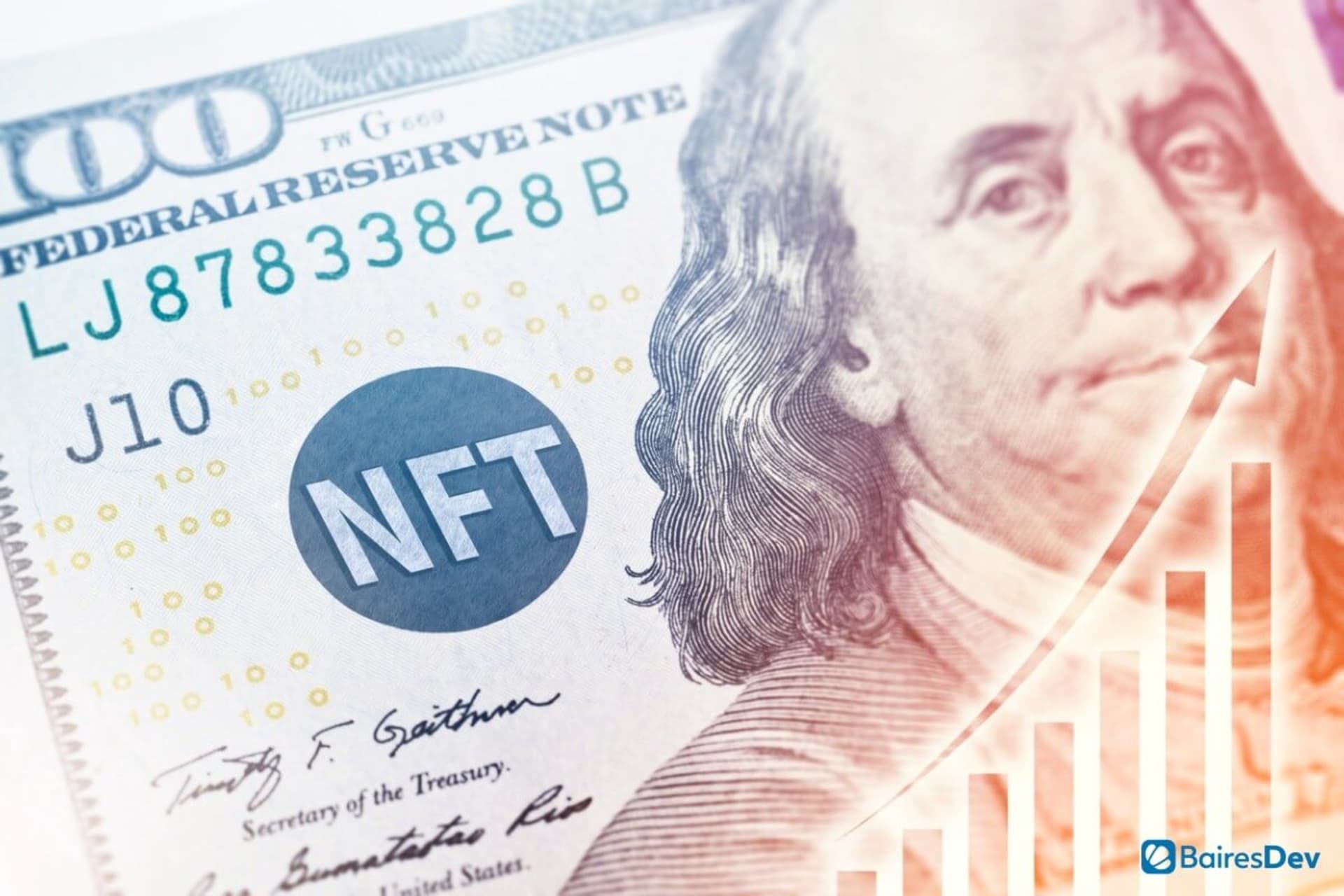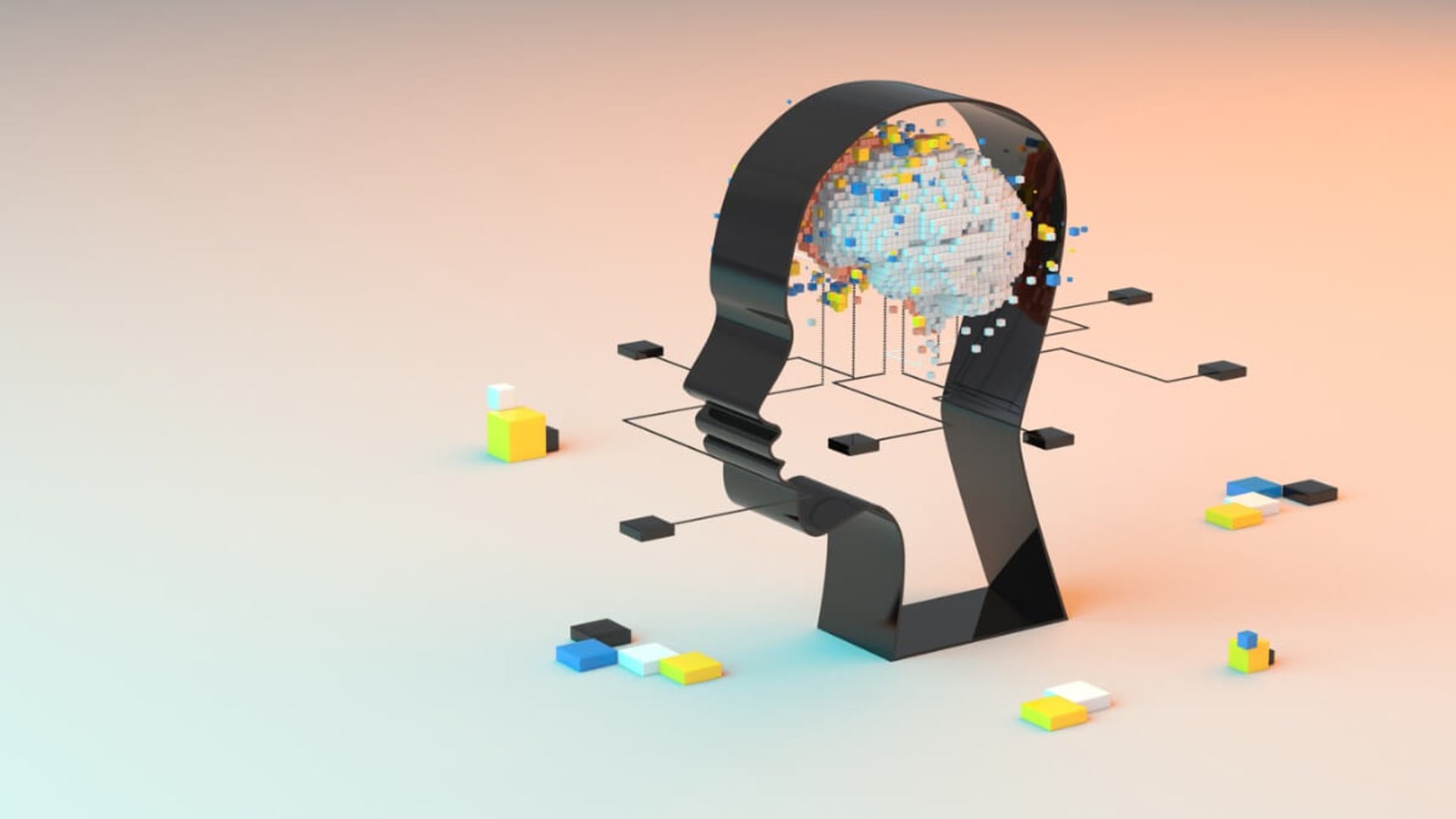Jack Dorsey’s first-ever tweet. Beeple’s “Everydays: The First 5000 Days.” Grimes’ WarNymph. RTFKT’s digital sneakers. Taco Bell GIFs. CryptoKitties collectibles.
Across the world, non-fungible tokens (NFTs) are making waves. Distinct from traditional cryptocurrencies, they have grown enormously — although interest and value in the market seem to be waning. People naturally have questions.
Are NFTs the real deal? Do they hold actual value? Or are they a passing fad, like so many trends of the past? What even are they?
What Is an NFT?
NFTs are digital assets that are wholly unique. Each one holds identifying information that sets it apart. That means that they can’t be swapped or traded like physical money or other forms of currency — no two are exactly the same. NFTs are stored on the Ethereum blockchain and other blockchains and are linked to their content. That way, their owners are able to prove that the works are truly theirs.
“If it helps, you can think of NFTs as like the certificate of authenticity you might get if you bought an expensive sculpture,” Kevin Roose writes in The New York Times. “The sculpture could be copied or forged — or someone could break into your house and steal it — but because you have the certificate of authenticity, you can prove that you are the owner of the original.”
It’s a confusing concept, but summarily, it’s a way to mark your claim on a digital work or file. Because every NFT is unique, it holds a perceived value.
This is why they are called “non-fungible” tokens. Fungible means that something can be replaced. Other forms of currency, in contrast, can be replaced with another piece of the same value, while NFTs are one of a kind.
Another important part of the concept is the fact that NFTs can only be owned by one individual or entity at a time — they can’t be shared.
What Are They Used for?
We have discussed some of the most famous — or infamous — NFTs that have made headlines. But this currency can be applied to a wide range of products, physical or digital, concrete or non-concrete.
Just some of the many examples include:
- Artwork — drawings, paintings, prints digital graphics and images, and more
- Collectibles
- Digital avatars
- Domain names
- Gaming items
- GIFs and clips
- Physical goods
- Music
- Real estate
- Tickets for events
- Videos
- Written materials — like Tweets and memories
NFTs can even be used as a placeholder for people’s identities and intellectual property rights.
How Do NFTs Differ from “Traditional” Cryptocurrency?
It’s easy to see how NFTs differ from physical currency, like dollar bills and coins. But they probably don’t sound terribly different from cryptocurrency like Bitcoin. And it’s true — there are some overlaps. For example, they, too, exist on the blockchain, so there are no intermediaries involved, meaning transactions are more efficient. Blockchain also records the transactions that take place.
But this is essentially the end of the overlapping features between NFTs and cryptocurrencies like Bitcoin and Ethereum.
Remember that NFTs are non-fungible. Meanwhile, other crypto is fungible, meaning it can be traded for items of the same value. NFTs can’t be copied or pasted, nor can they be replaced. Each one has a unique digital signature, setting it apart from all others.
How Do You Buy NFTs?
NFTs can be purchased via one of many NFT marketplaces, such as OpenSea. Some marketplaces specialize in certain types of assets, such as artwork. While Ethereum is the most prominent of the tokens, there are other options as well.
In order to make a purchase, you will need to have a crypto or digital wallet. You will use platforms like Coinbase to make your purchase before moving it into your wallet, which is connected to the marketplace, to store the purchase. More mainstream and well-known platforms like PayPal are beginning to get into the game, too.
There are usually fees associated with NFT purchases, so you should carefully research your options when you make your decision. The originator of the NFT can also receive a percentage when the NFT is sold.
It’s important to be aware of scams and impersonators associated with NFT purchases and exchanges — these do exist. So, do your due diligence when you’re looking to invest in NFTs.
So, Are NFTs the Future of Currency?
When cryptocurrency first emerged, popularized by the development and release of Bitcoin in 2009, it was heralded as the thing that would change the very face of money and the exchange of goods. But we’ve seen Bitcoin and other cryptocurrencies go through plenty of ups and downs in just over a decade since their inception.
NFTs have emerged more recently, but even since last year, when they became mainstream, they have gone through fluctuations in popularity. So, it stands to reason that the foreseeable future of NFTs is rocky.
That said, NFTs are providing unprecedented opportunities for many professionals, including artists and musicians, to receive compensation for their work, expanding the ways in which they monetize their products and services.
Still, NFTs remain highly controversial. Given that they lack standard regulation thus far, their value — or perceived value — could change quickly. Some people, including those who have embraced other forms of crypto, think they’re just plain laughable. And as we have noted, there is plenty of risk involved in exchanging NFTs with impersonators already on the scene.
So, if NFTs do take off and become more mainstream, it’s clear that we’ll need greater oversight, as well as increased education and regulation. If there is, NFTs could revolutionize the very face of currency.













